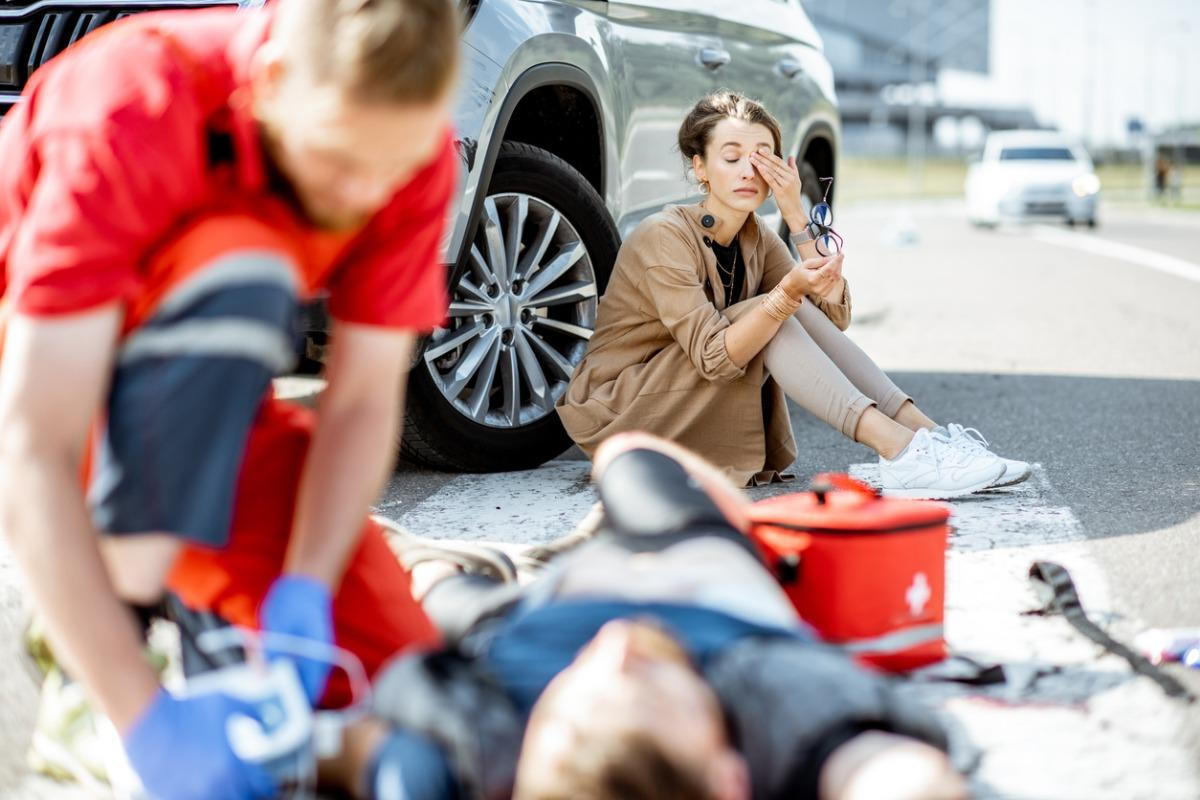
- posted: Mar. 30, 2020
- Auto Accidents
When pedestrians and cars collide, it’s always the person on foot who’s hurt. Yet, while pedestrian accidents are usually attributed to driver carelessness, some cases can involve shared liability. Pedestrians don’t always stay within marked crosswalks or obey traffic signs and signals. They may suddenly leave the curb and walk into the path of a vehicle. Yet even a clear violation of law by a pedestrian doesn’t negate the responsibility of a driver to exercise due care when walkers may be present. So how do courts compensate pedestrians for their injuries when the fault is mutual? Tennessee follows the modified comparative negligence model, which generally requires parties to an accident to pay for damages according to their proportion of fault. If a pedestrian’s failure to look both ways before crossing is 10 percent the cause of her getting side swiped by a car, the driver will be 90 percent responsible for her provable damages. On the other hand, if the injured party’s percentage of liability is 50 percent or more, state law bars any financial recovery. The difference between 49 and 50 percent thus determines whether a pedestrian will recover half their damages or nothing. The allocation of responsibility can also turn on whether the driver or the pedestrian was in the best position to avoid the accident. If a car is speeding, a pedestrian’s attempt to cross a street, even with the right of way, could still be considered a major factor in the accident. On the other hand, a driver who sees a jaywalking pedestrian and fails to stop may be held principally at fault. These kinds of cases are often challenging to prove and depend on a thorough, compelling presentation of the full range of facts. If you need help with a pedestrian accident or other type of auto accident claim, Massengill, Caldwell & Coughlin, P.C in Bristol is prepared to serve you throughout the Tri-Cities area. With over 75 years of combined experience, our attorneys have the knowledge required to help you examine your potential case and assist you throughout the legal process. Call us today at [ln::phone] or contact us online for a free case consultation.


